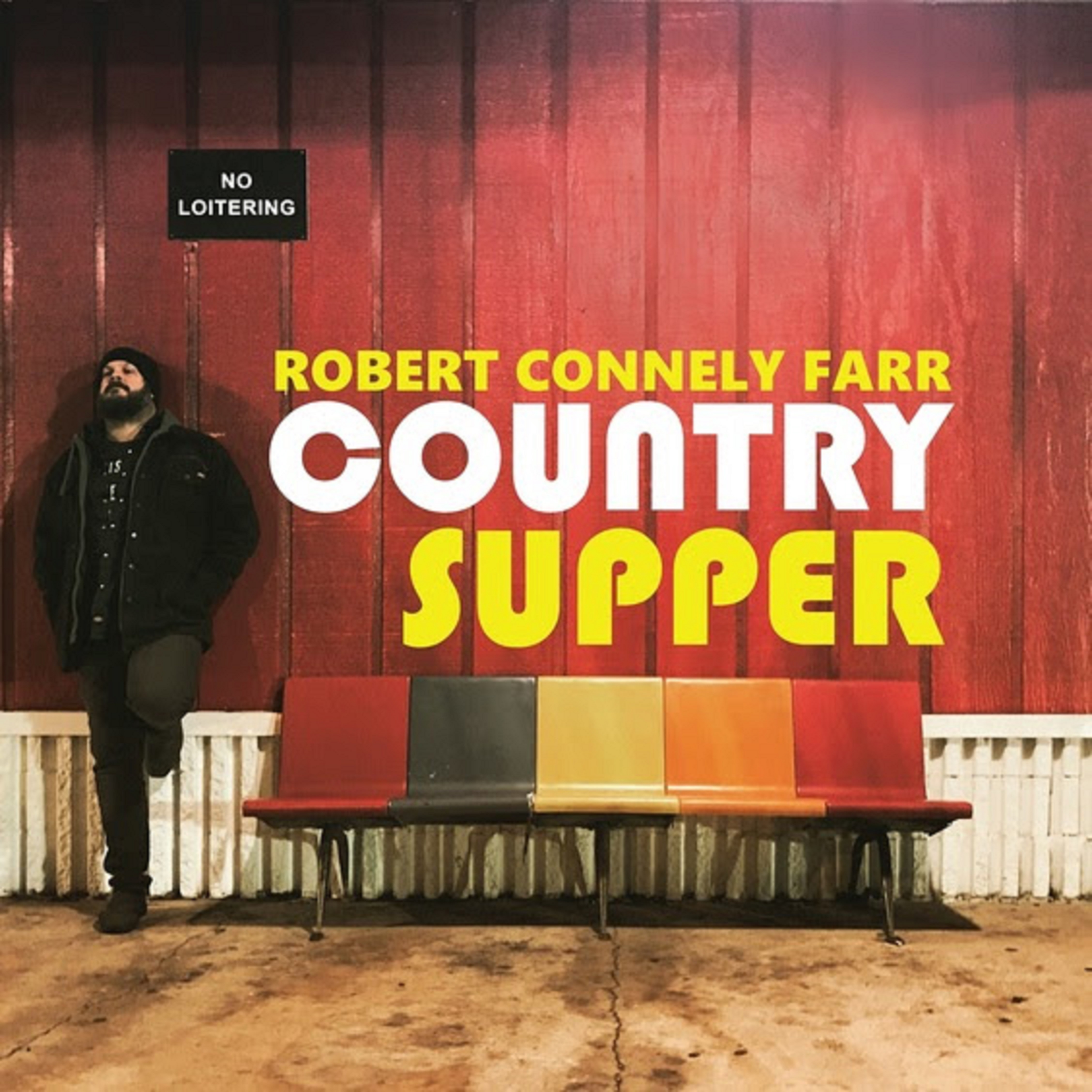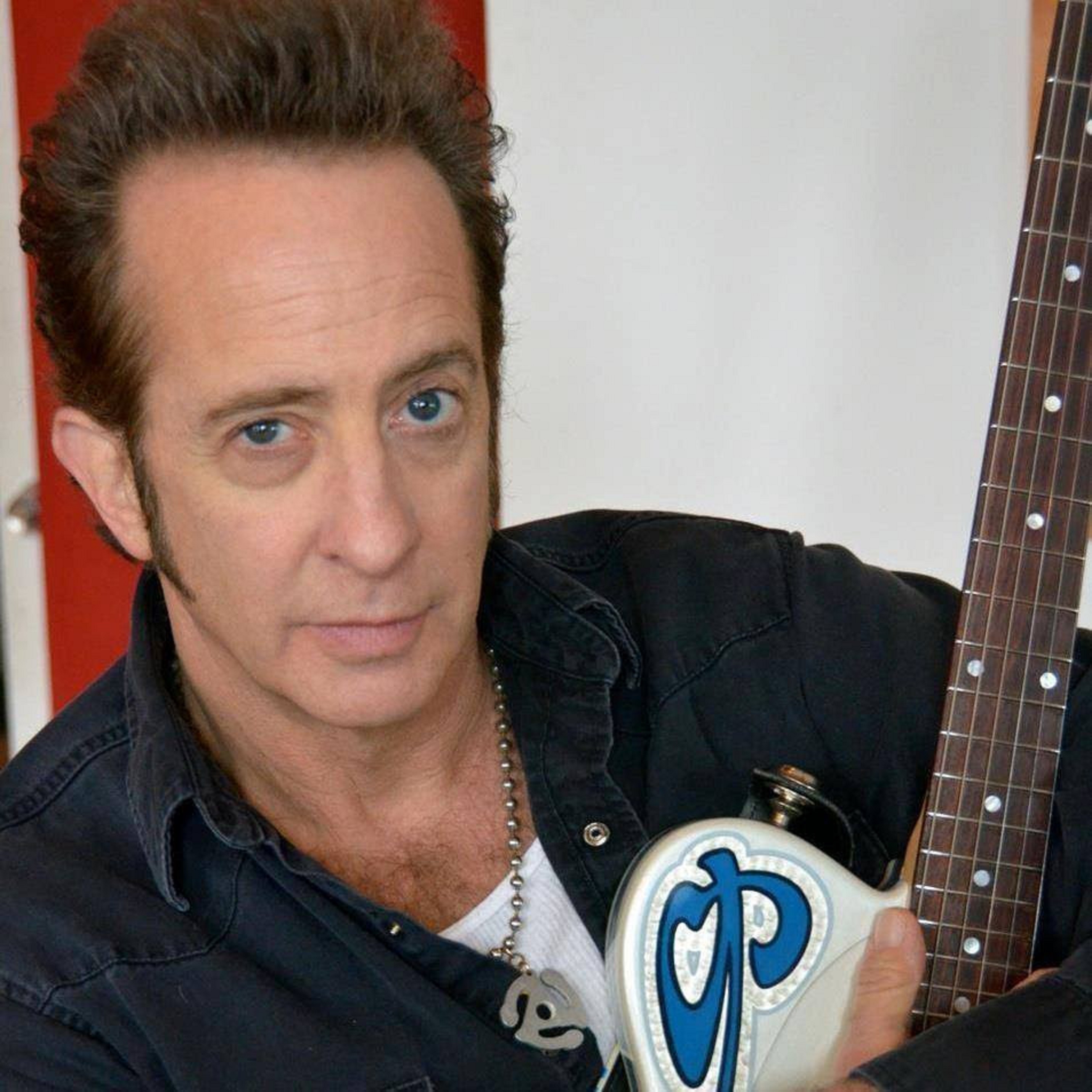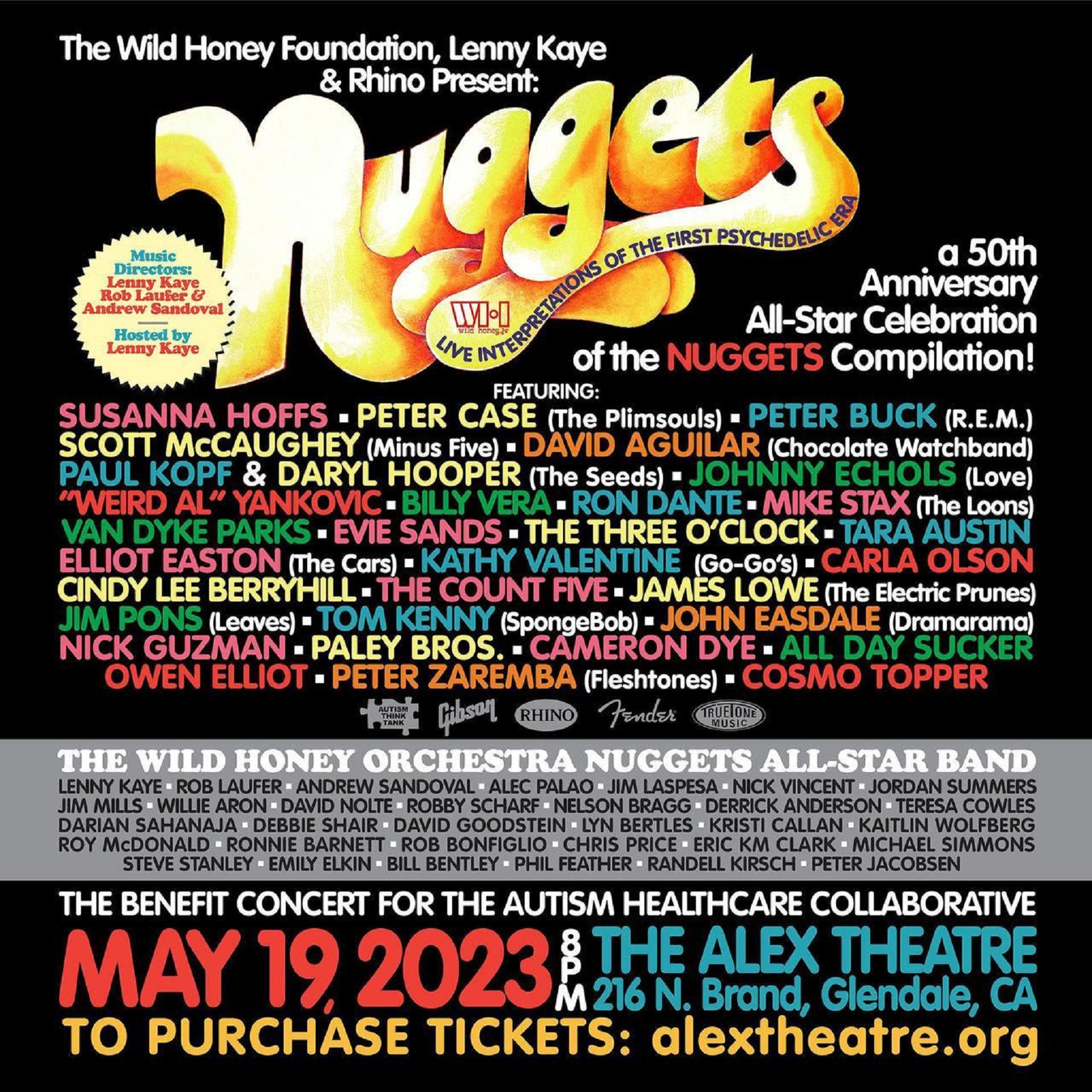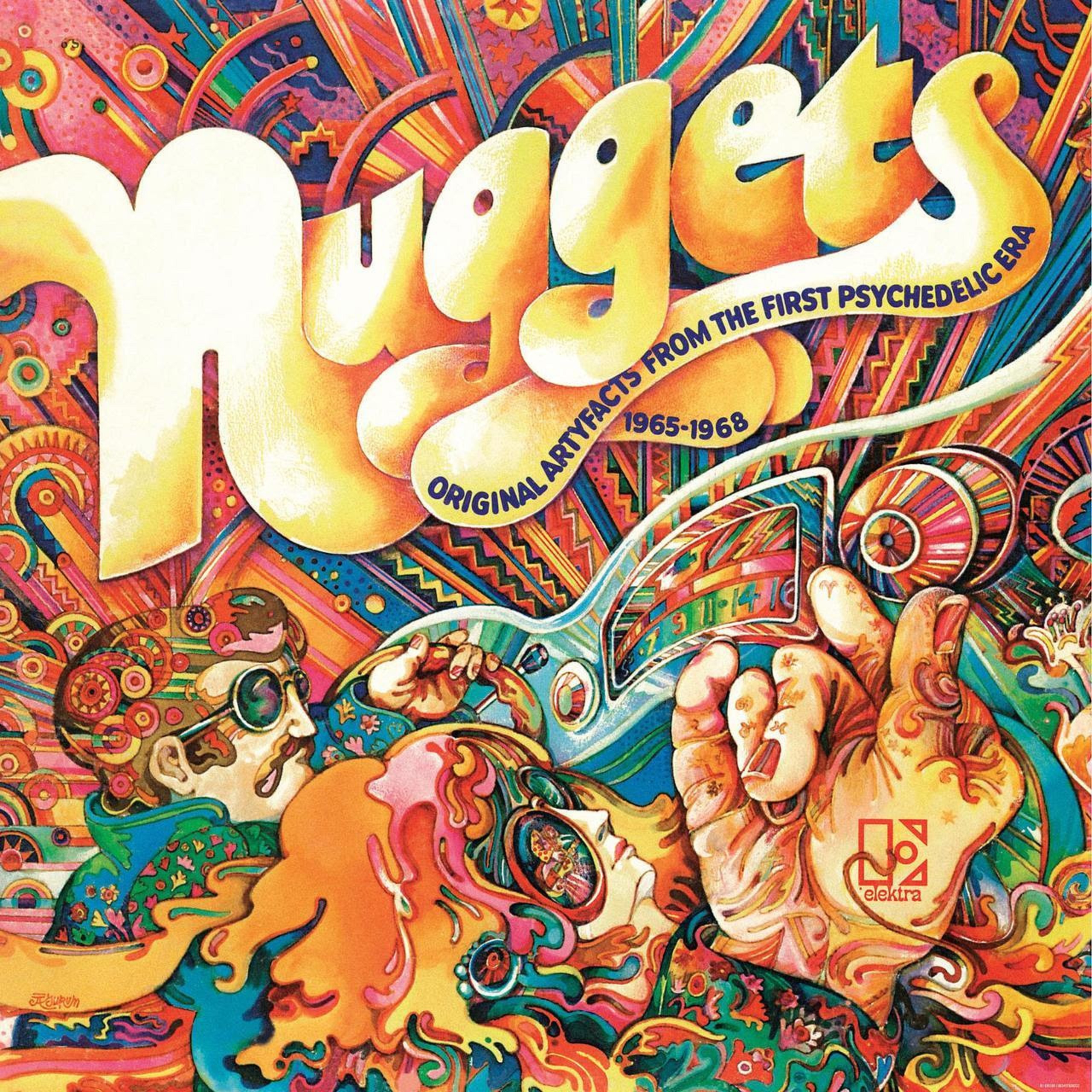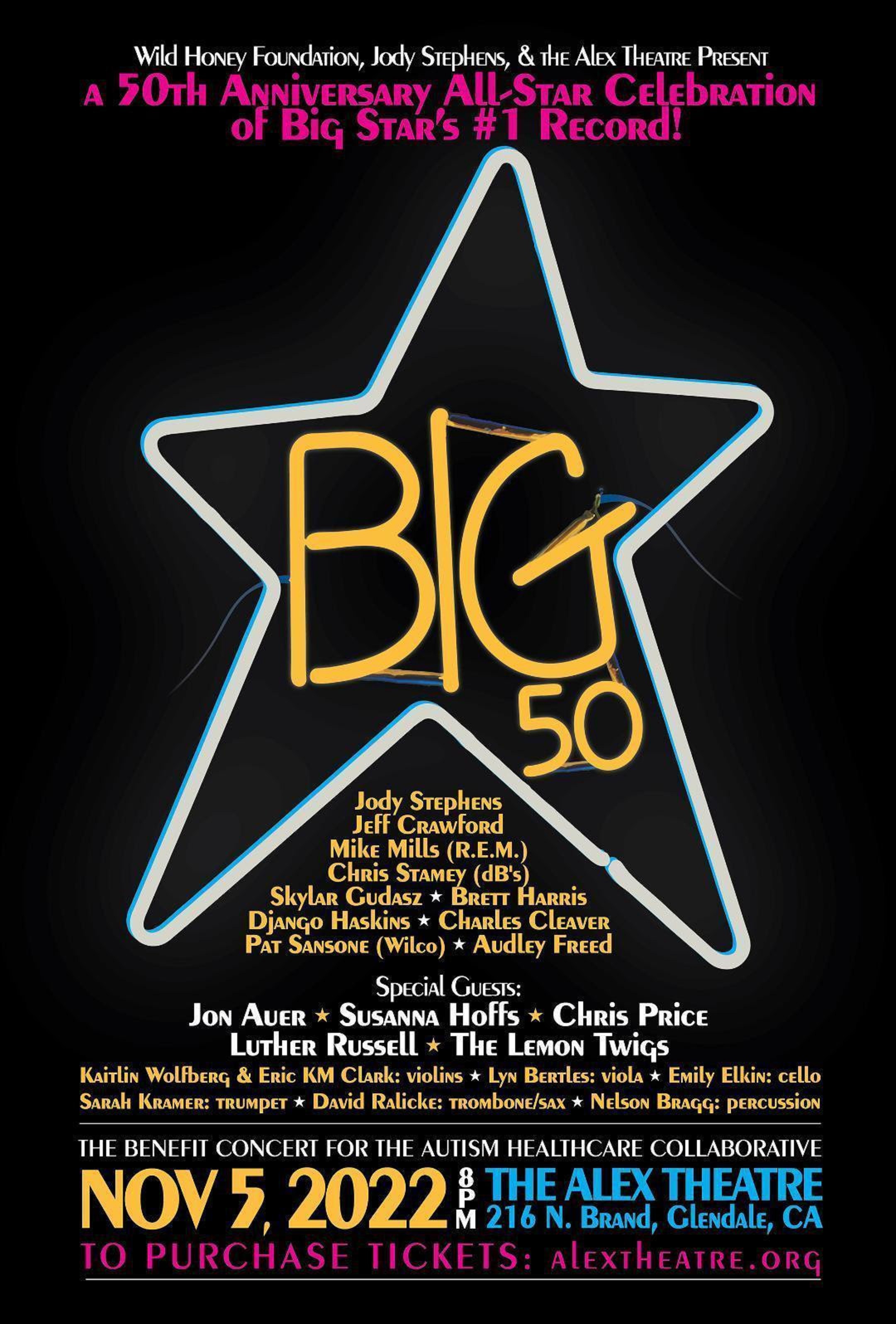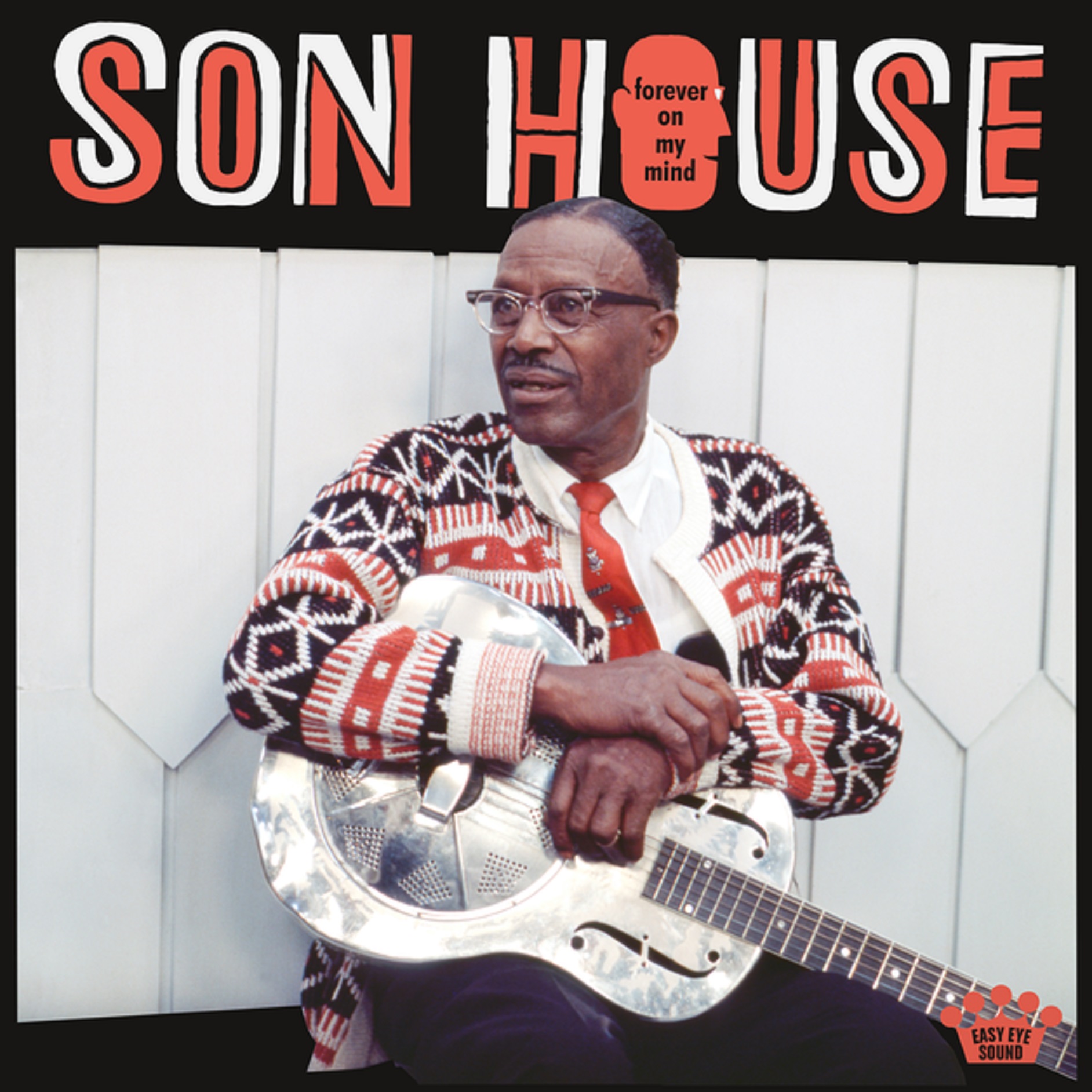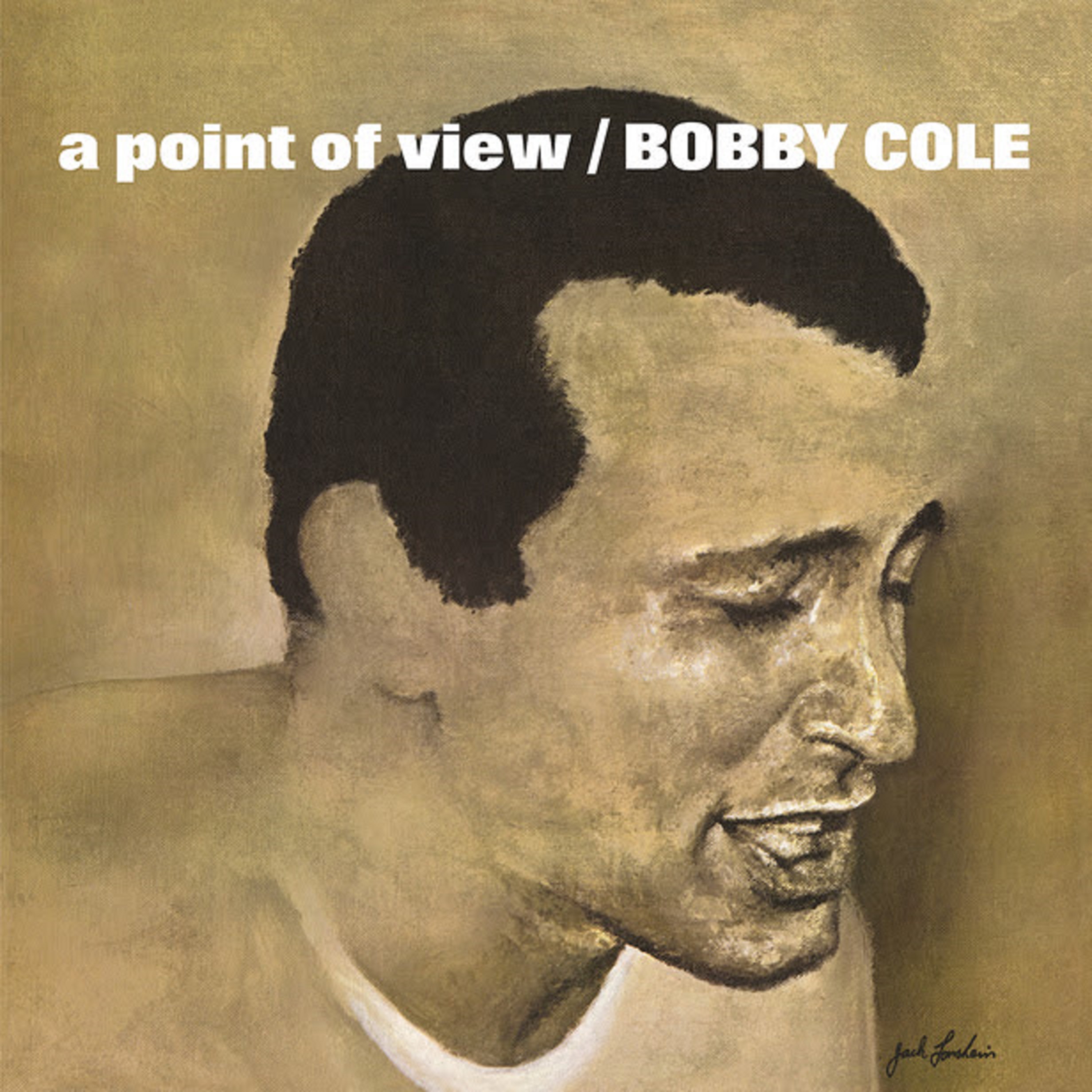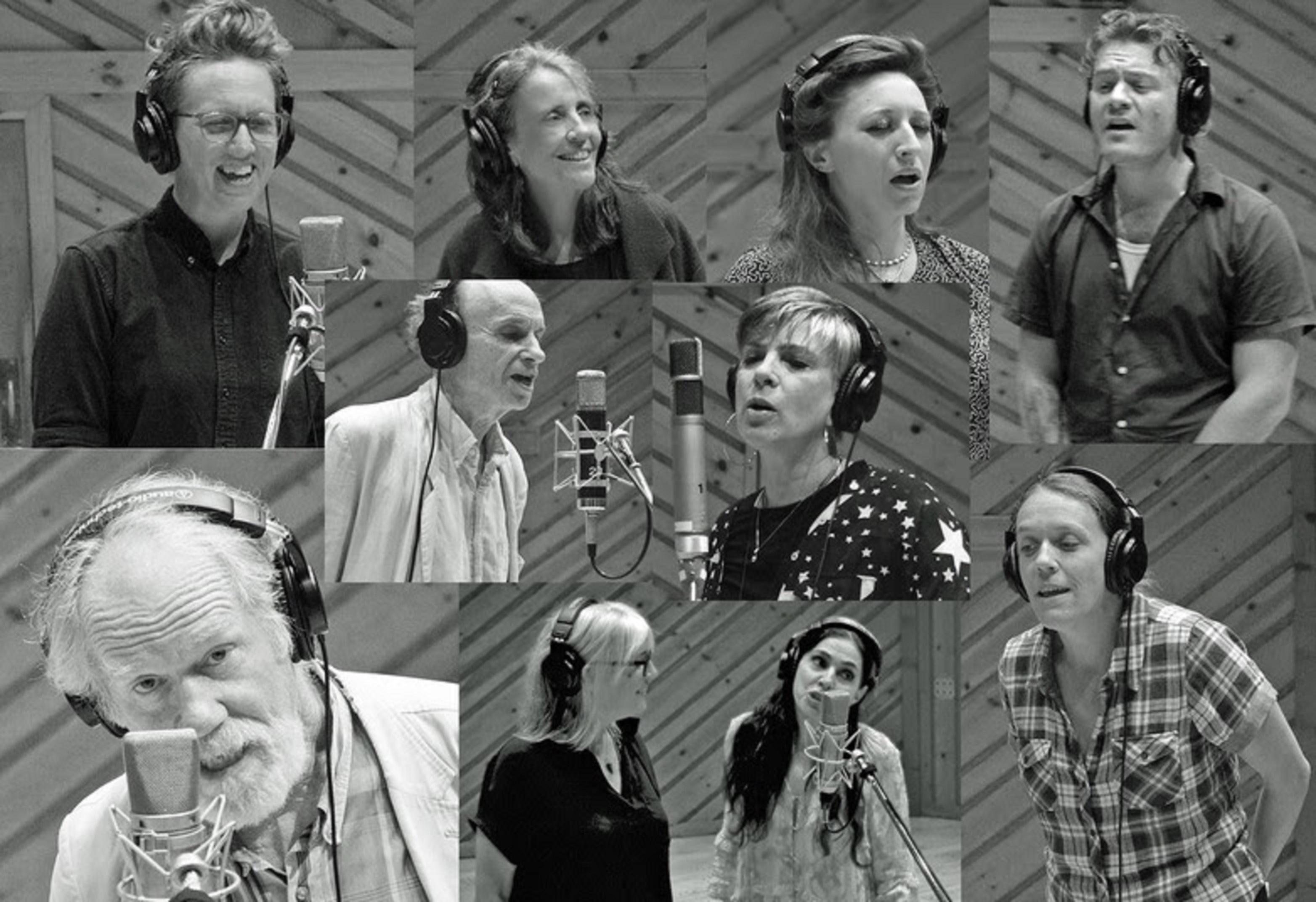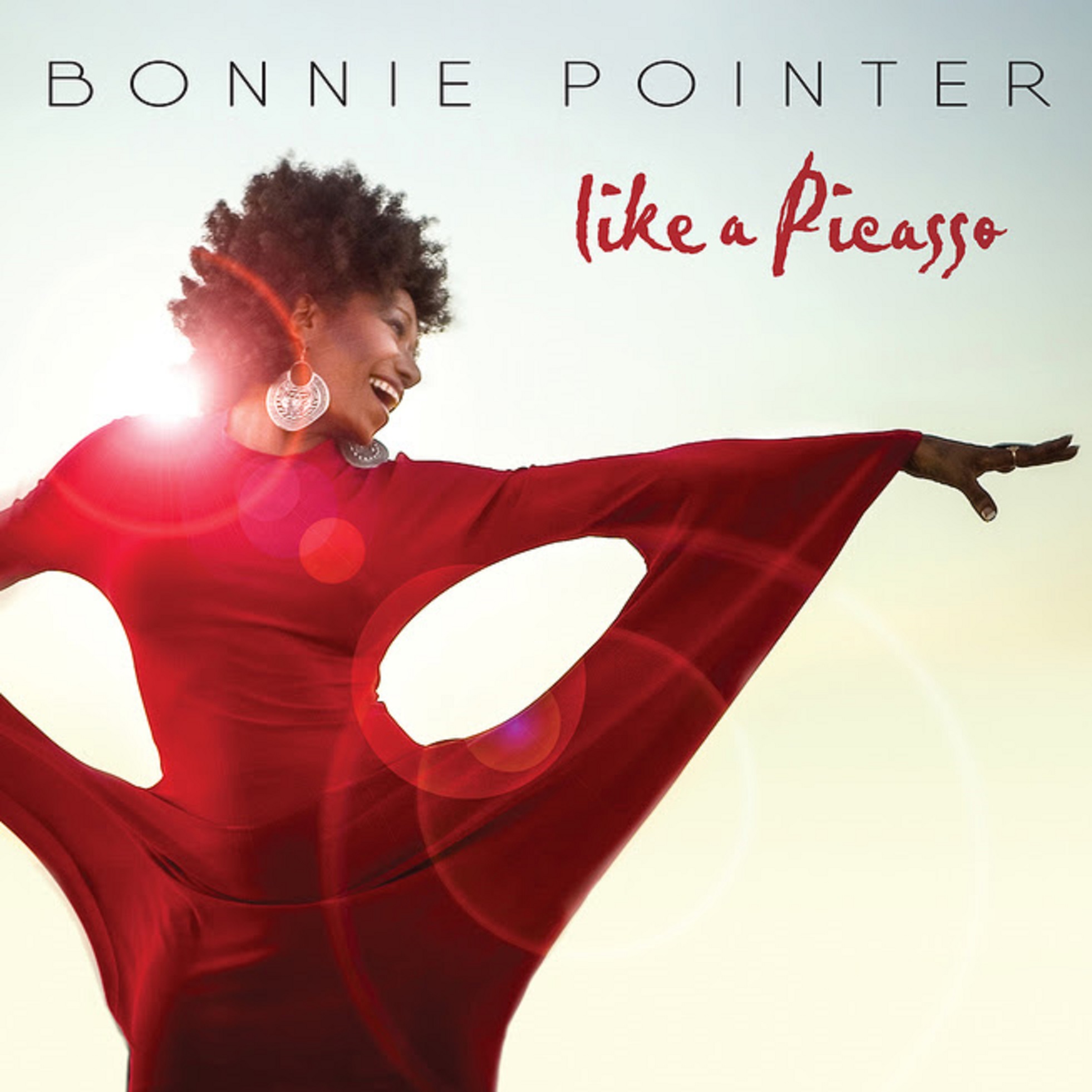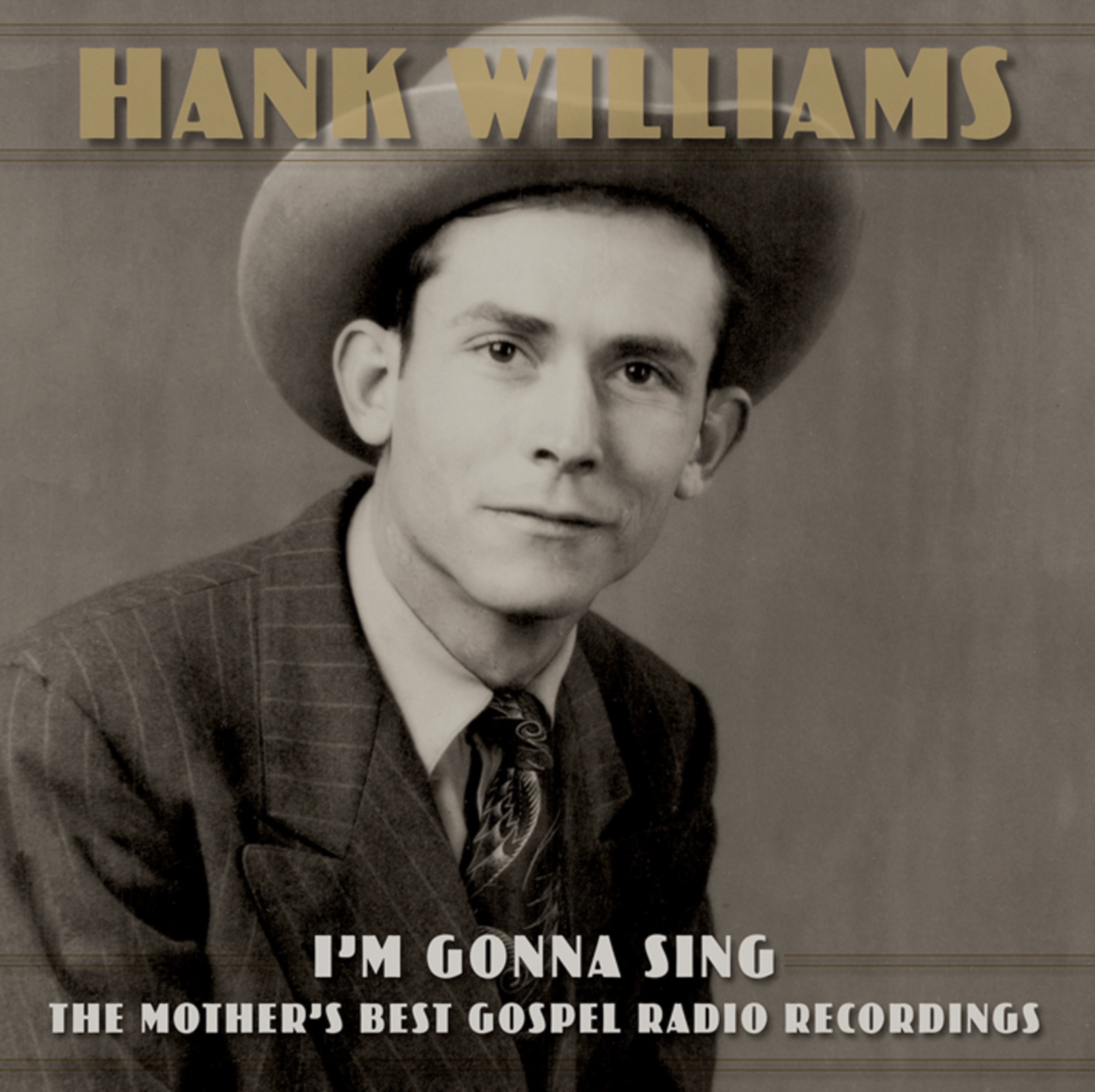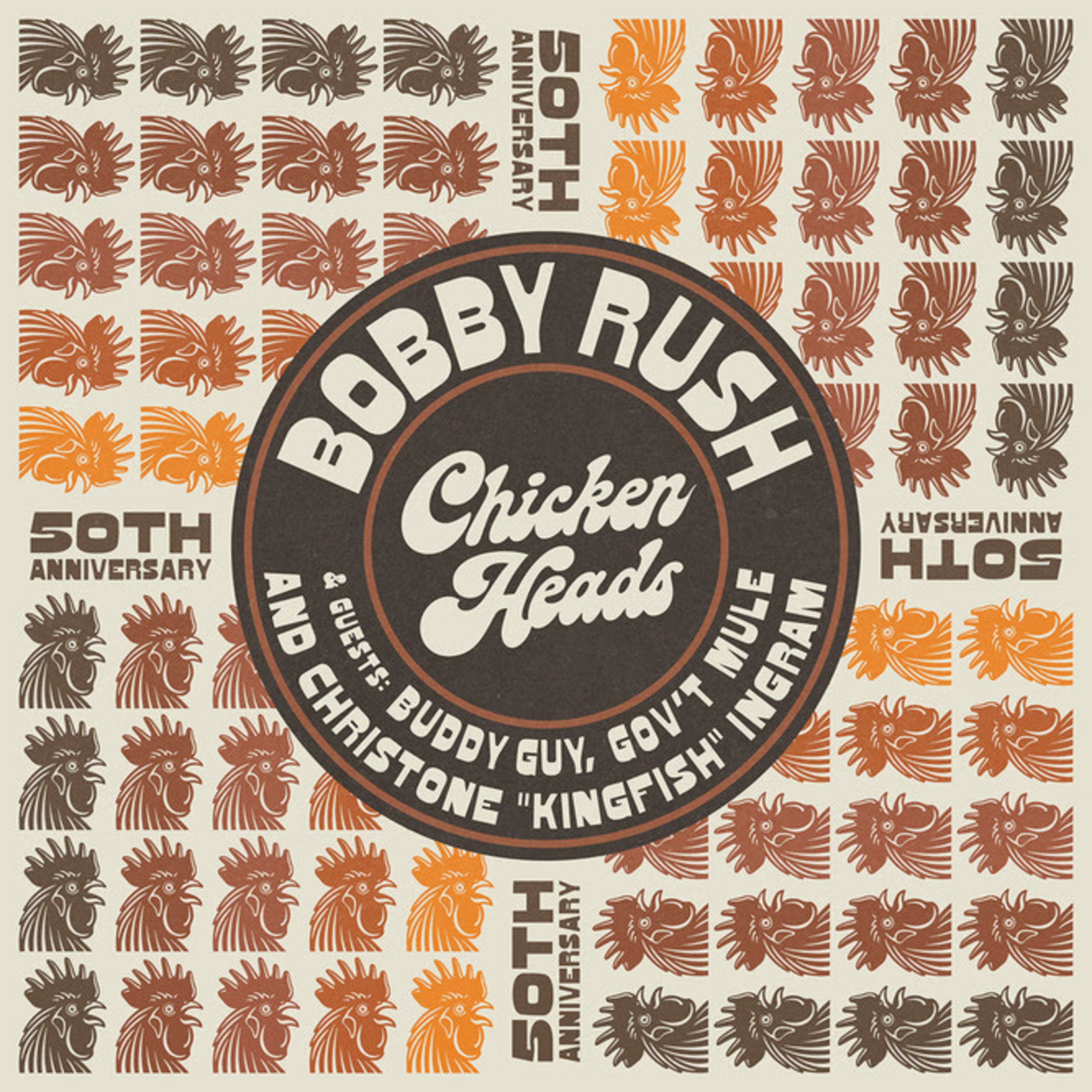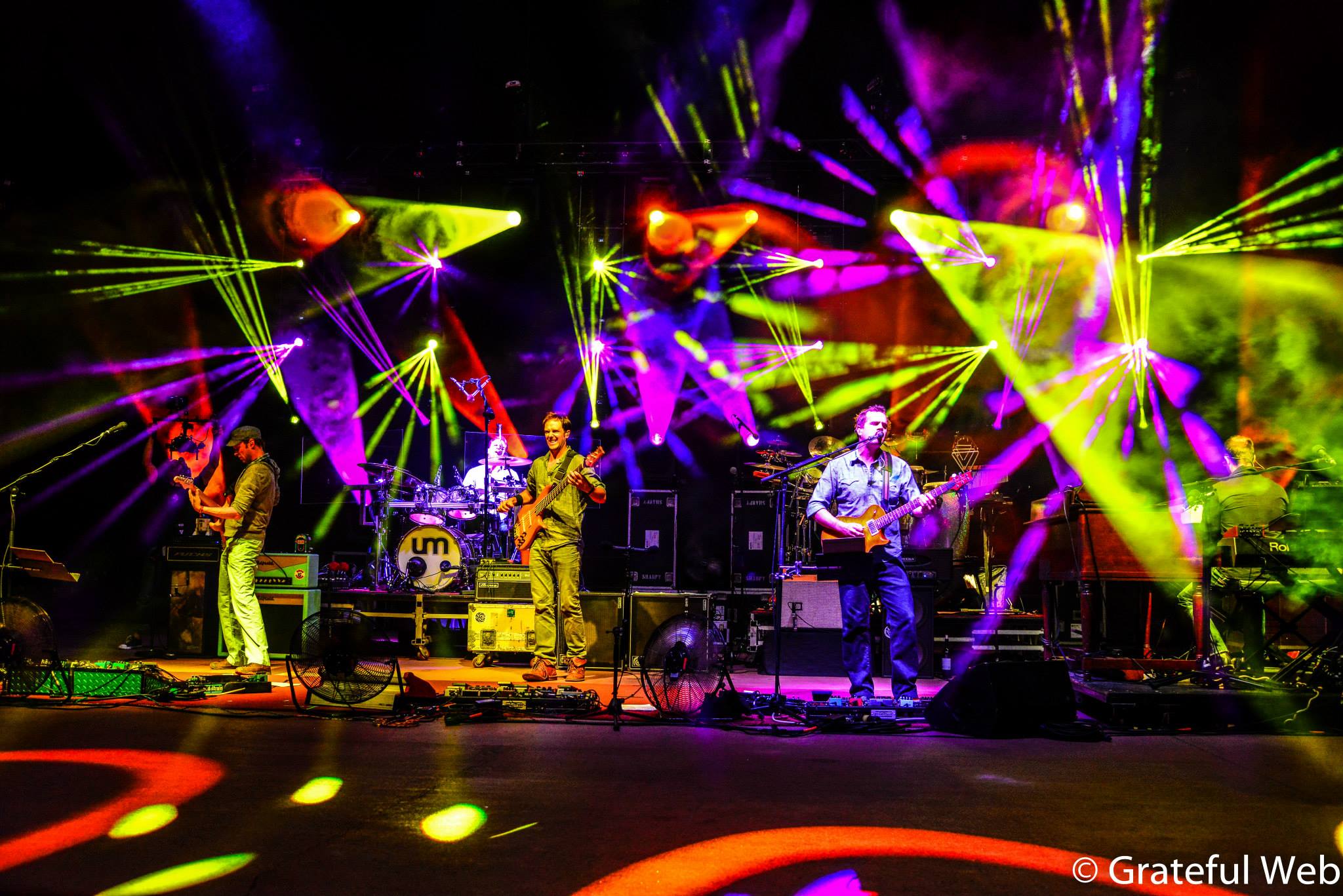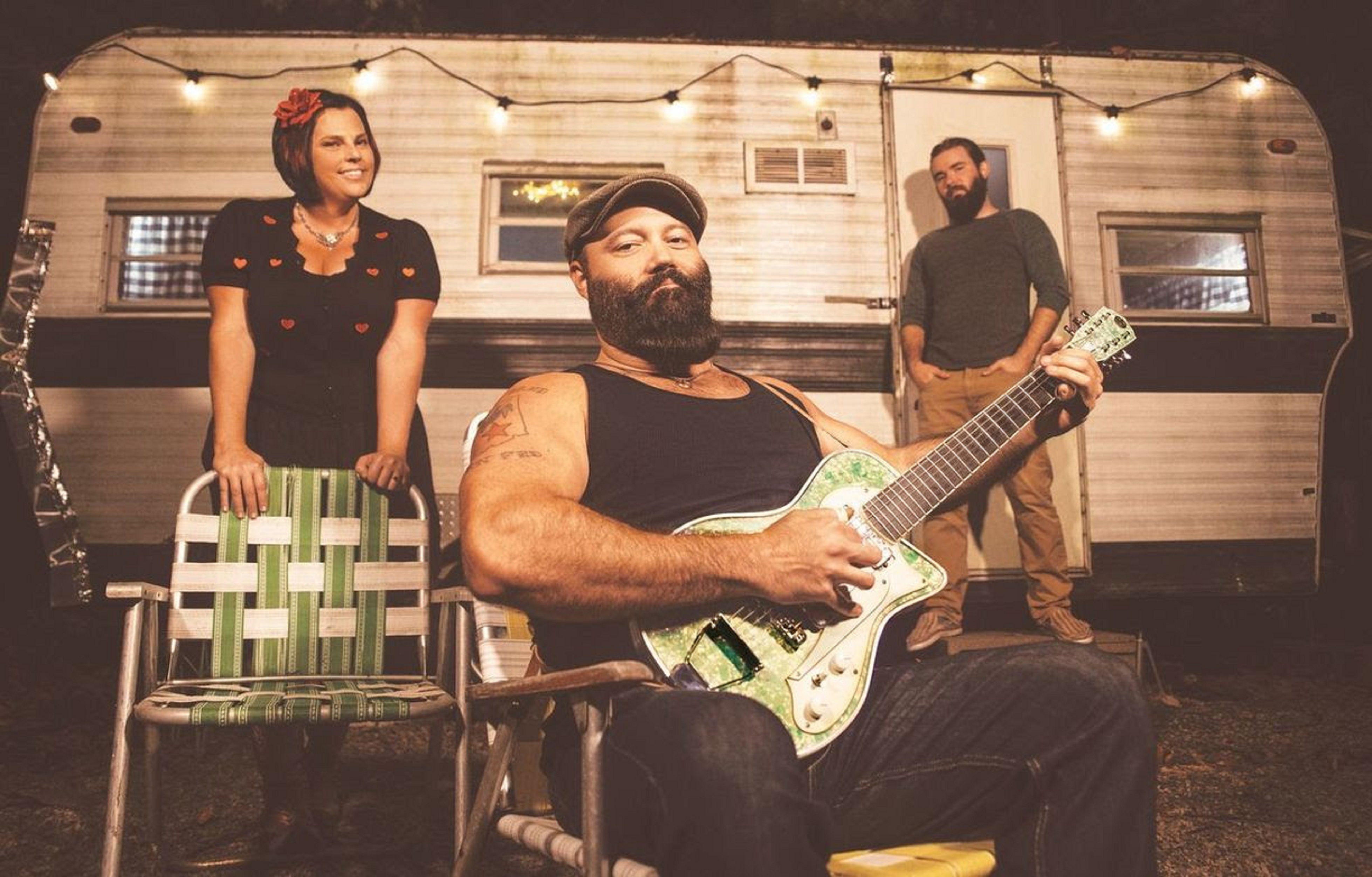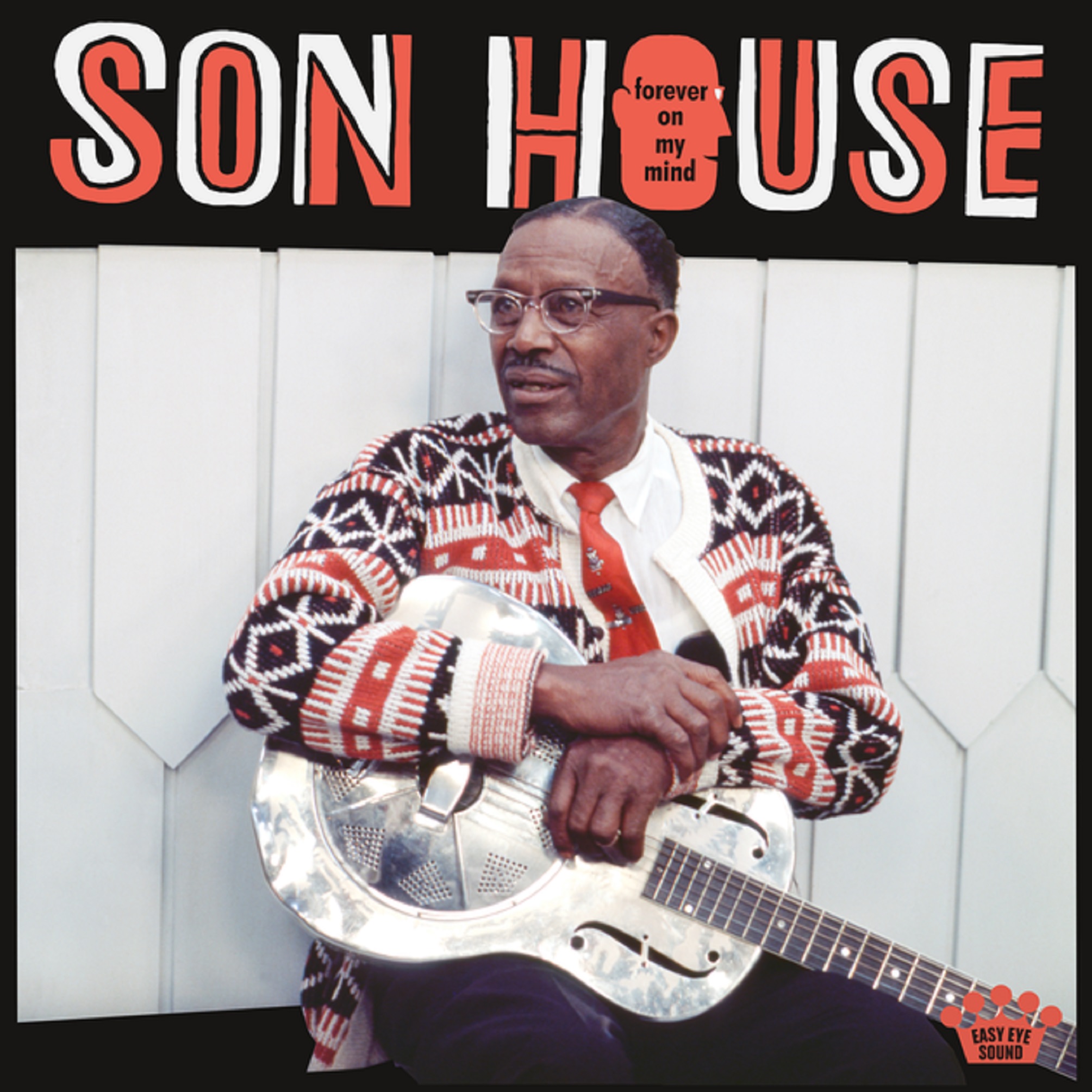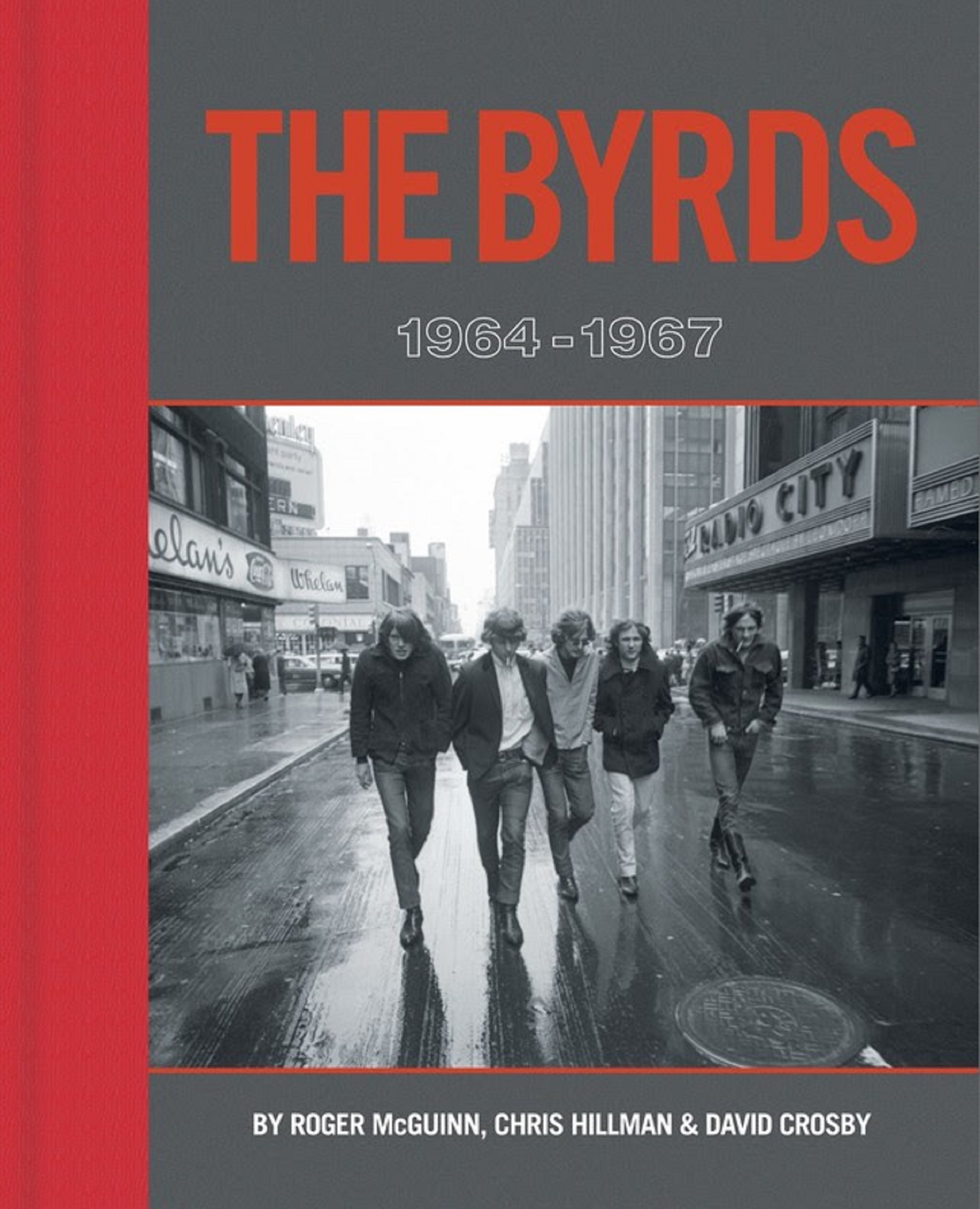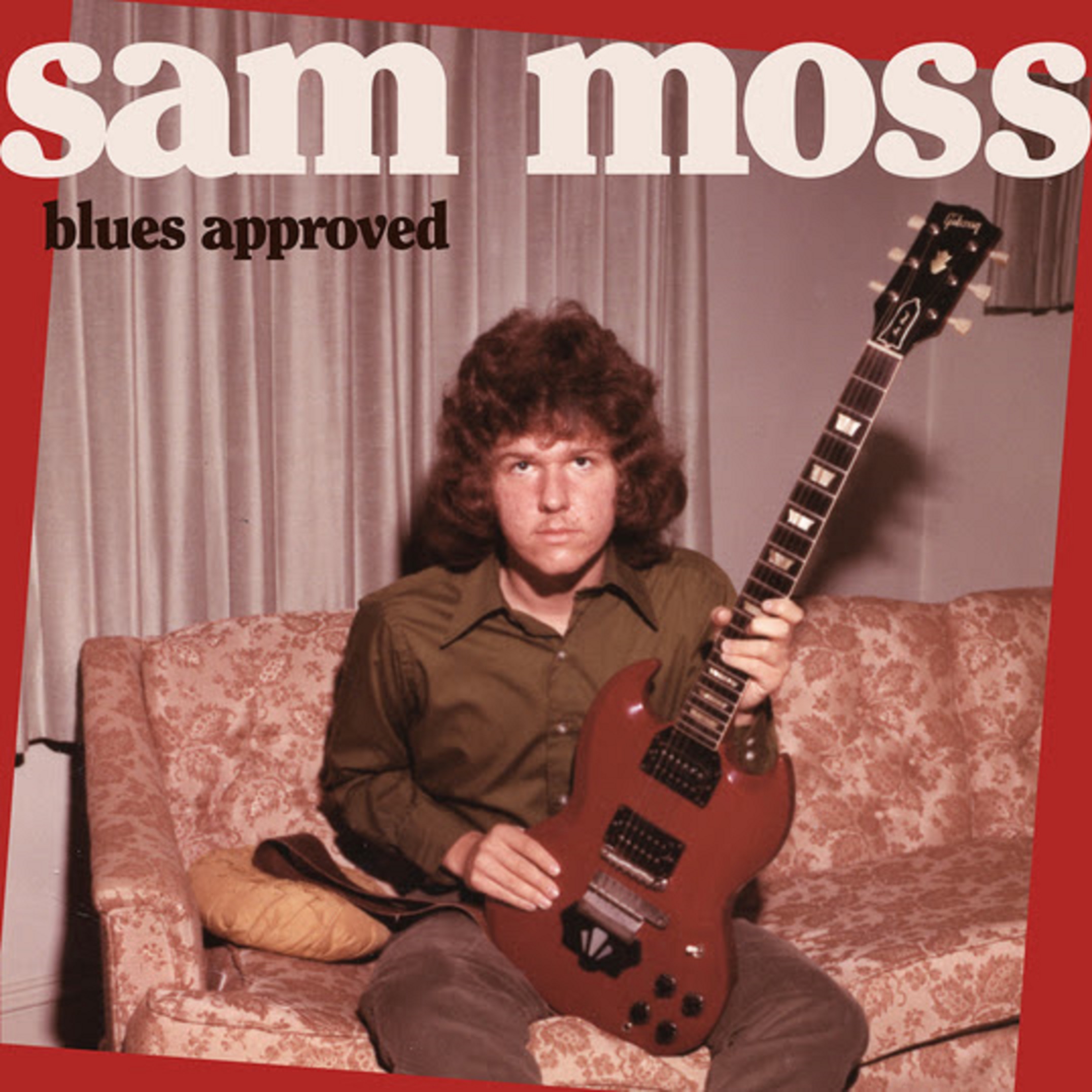Casting a hypnotic spell rooted in the bedrock of Mississippi’s Delta and Hill Country blues, Robert Connely Farr’s new 16-song Country Supper transcends the borders of genres by transforming them into his own distinctive, deeply rooted Americana style.
Following his heralded 2019 album Dirty South Blues, which earned comparisons to John Prine and Gregg Allman, the just-released collection is a display of sonic and songwriting shamanism that thrives on driving, laconic grooves in support of the casual command of Farr’s dust-dappled voice and the sting of his grumbling, rock-of-ages guitar.
The album starts with the slow grind of “Cypress Grove,” which wraps a tale of searching for life’s balance around the kind of North Mississippi trance rhythm Farr learned from R.L. Boyce, a leading practitioner of that region’s mesmeric style of music once personified by the late R.L. Burnside and Junior Kimbrough. The song is already finding a home on radio, thanks to the raw appeal of Farr’s core trio, which includes drummer Jay Bundy Johnson and bassist Tom Hillifer.
“All Good” is a testament to the often-hard edges of life in the rural Delta, examined through the lens of Farr’s own experiences growing up in rock-poor Bolton, which he spent much of his life trying to escape before the lure of the region’s music called him back. The grit and heat captured by the tones of his guitar pumped through a beaten-up 1960s Harmony amp perfectly underscore his lyrics and echo the cadences of another profound influence, Jimmy “Duck” Holmes, the chief proponent of the Bentonia region’s eerie blues sound, which was introduced to the world by Skip James in 1931.
“What’s ironic is that I spent my years growing up aching to leave Mississippi, and after I graduated from college, I left the country,” says Farr, who now lives in Vancouver, B.C. But on a road trip with his father in 2017, they pulled the car over, on a whim, in front of Holmes’ Blue Front Café, which Holmes’ family opened in 1948. Holmes was inside, quickly learned that Farr was a guitarist, and took him under wing.
Country Supper’s songs “Train Train” and “Must’ve Been the Devil” are among those Farr learned from the now-73-year-old bluesman. Holmes continues to mentor Farr, who makes regular appearances at the Blue Front’s internationally famed Bentonia Blues Festival. But perhaps Farr’s most important lesson has been that his own roots and those of the music he loves come very literally from the same place: iconic early bluesmen Charley Patton and the Mississippi Sheiks’ Bo Carter also hail from Bolton. “When I was growing up there, I had no idea this music even existed,” he admits. “I didn’t start listening to blues until I lived on the other side of the continent, in another country.”
Of course, Country Supper is more than a blues album. “Girl in the Holler” is among the set’s classic roots rockers, which capture the bravado of Farr’s live performances. And “If It Was up to Me” echoes both outlaw country and Lynyrd Skynyrd, with its heavy, loping pulse, reflective mesh of guitars, and Farr’s naked-soul singing.
That vocal candor, warm and burnished, echoes through Country Supper’s two autobiographical cornerstones: the country heartbreaker “Bad Whiskey” — where fourth bandmember Jon Wood lends keyboard and steel guitar — and “I Ain’t Dyin’.” The former provides a harrowingly genuine perspective on alcoholism from the inside, full of regret, loss and defiance. And “I Ain’t Dyin’” has practically become an anthem for Farr, whose struggles with alcohol have been replaced in recent years by a battle with cancer. Both have, at times, put the chill of the grave on his collar.
“In the three-month period when we were recording Country Supper, I really wasn’t sure if I was going to survive,” Farr attests. “I had quit drinking, but I had just had an emergency operation due to cancer. At the same time, my band and I had been traveling to Mississippi to play, and the music I heard there, what I was learning from Jimmy and R.L., was echoing in my head, creeping into my songwriting and playing, even offering me a different perspective on life. I had also just read a biography of Charley Patton, and the scenes it painted of the parties he used to play, called country suppers, were so inspiring … and sometimes so crazy and violent. It reminded me of that Deep South atmosphere… my home was showing up in my music. All of that created this emotional and creative lightning, and we immersed ourselves in it.”
Country Supper, Farr’s fourth solo album, was recorded at Hipposonic Studios in Vancouver in two marathon sessions that yielded nearly 30 songs. Those that best spoke to Farr’s heart and life made the cut. “So Country Supper is a much more personal album than Dirty South Blues — more immediacy, less subtle, more of a picture of who I am,” he says. “Plus, I got to record Country Supper with my own band of over a decade, who are as dedicated to this music as I am.”
Nonetheless, Dirty South Blues, his third album, was a breakthrough, earning Farr nominations for Songwriter of the Year and New Artist of the Year in Canada’s prestigious Maple Blues Awards. The album also won extensive airplay and raves from Elmore Magazine, Cashbox, American Blues Scene, Americana Highways, and Soul Bag, among others. Greg Vandy, host of influential Seattle radio station KEXP-FM’s Roadhouse performance series, proclaimed Dirty South Blues among the finest albums of 2019.
“I feel like Country Supper is some of our best work, in some ways it opened a floodgate of inspiration” says Farr. “I also feel a responsibility to musicians like Jimmy and R.L., the music of my home. As hard as it is at times, there’s magic in Mississippi, where this music that goes back to the first days of recording is still alive and well in the hands of the elders, and has the power to touch everybody in the same way that it’s touched me.”





